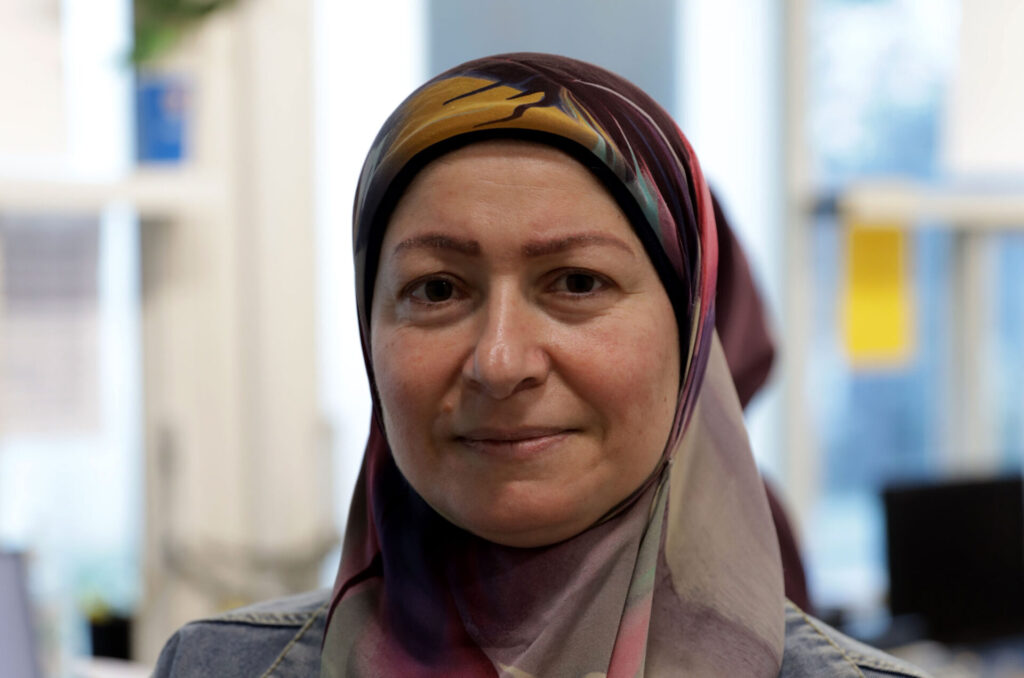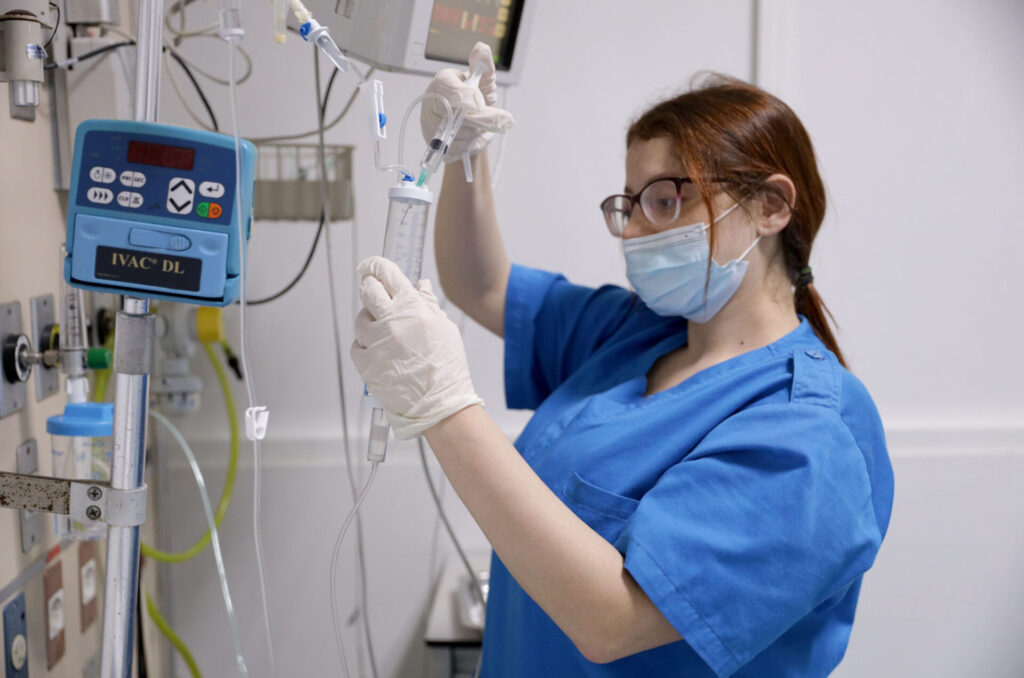Aug, 2020
The first thing that strikes visitors to this college are its beautiful gardens.
Tareq Sarhan is the director of the UNRWA Women’s Training Center in Al Tireh, in the Ramallah governorate. He has been working as an educator and an engineer with UNRWA for three decades. The school was founded to help refugee students across the West Bank obtain a proper education. It offers 24 fields of study and has dormitories and cafeterias for the students living on campus, many of whom come from outside of the Ramallah area, like Hebron and Nablus.
The campus is known for its beautiful gardens, which stretch attractively across 18 acres (75 dunums). The school’s location was originally chosen to offer an escape from the crowded city and its tall buildings.
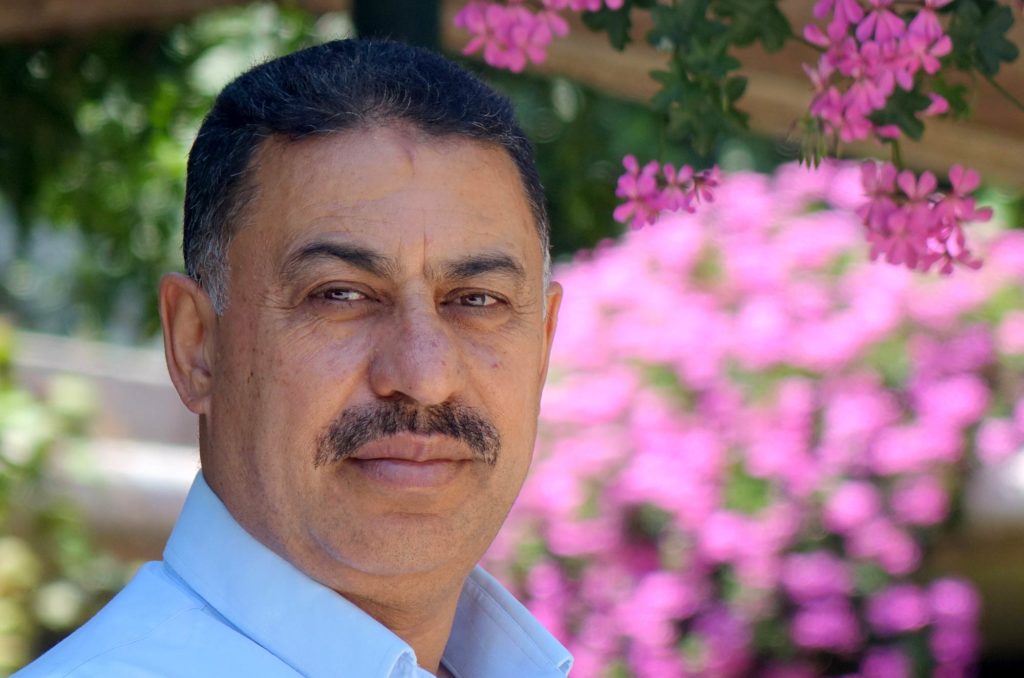



“These gardens resemble a large park on top of the mountain range. They have always captured the attention of visitors,” Sarhan says.
Earlier this year, the campus began using treated municipal wastewater to irrigate its expansive gardens. Since May 2018, Anera has been engaged in a Ramallah wastewater project in cooperation with the Ramallah municipality and partners like the school to make grey water available for Ramallah and other parts of the governorate.


“Water to irrigate our trees helps us create an attractive campus. The first impression you get when you visit our space is of a green and peaceful place,” Sarhan says with evident satisfaction.
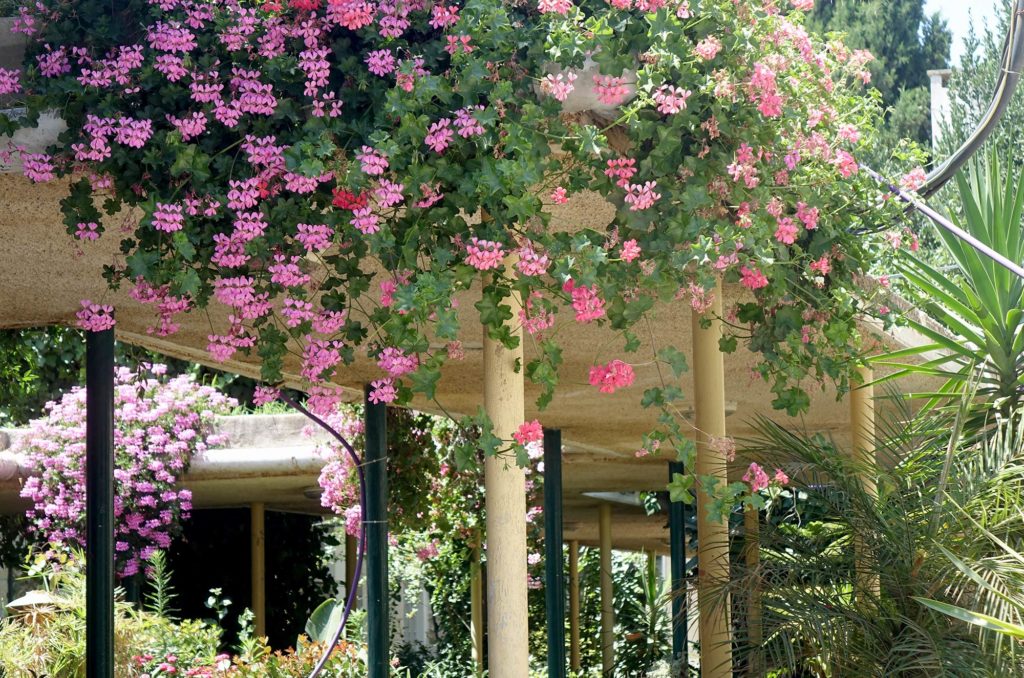

Anera erected a reservoir to collect treated wastewater, which is supplied by the main treatment plant of the city of Ramallah. The municipality uses the treated water irrigate green spaces like the gardens of the UNRWA school as well as for municipal lands like road medians, some home gardens and area parks. Our work to expand the distribution network is ongoing to enable surrounding areas to take advantage of the treated water.
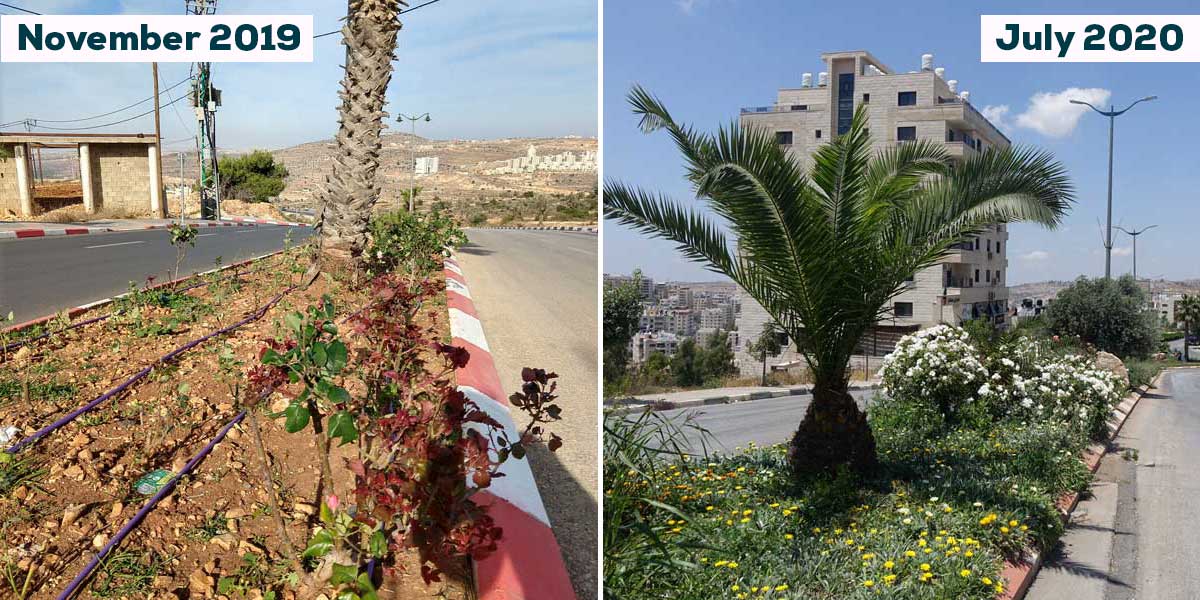

In the past, the school campus relied on water cisterns and the municipal water network. “Water scarcity and shrinking budgets had left us with very limited options,” Sarhan says. Fortunately, the availability of this treated wastewater offers huge financial savings to the school. They used to spend $12,800 (45,000 NIS) every two months on water. Now their costs are halved to $5,700 (20,000 NIS).
The cost-savings are redirected to improving the computer labs and the quality of cafeteria food, and to invest in other student services.
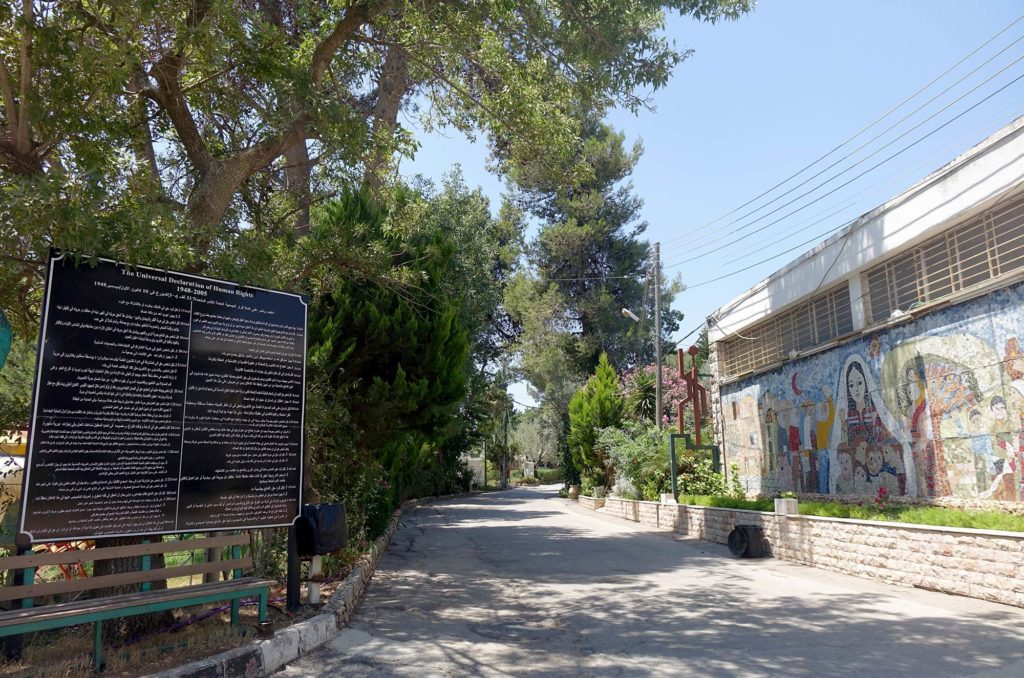



“Now, water is available 24 hours a day. The treated wastewater supplies about 80 percent of the water we use to irrigate our gardens. That means we can irrigate all of our flowers and trees daily,” Sarhan says.
Due to the restrictions necessitated by COVID-19, the students are home with their families and the campus is almost empty. The school has been offering online classes and is carefully considering ways to offer a mix of online classes and in-person classes for certain fields that may require in-person attendance this fall. The campus may be empty of students at the moment but the colors and scents of flowers still adorn the place.
Sarhan hopes the pandemic will be sufficiently contained to allow at least some students to return for the fall semester. He sees the school as a haven for its students – part of his larger goal to improve the situation of refugees.
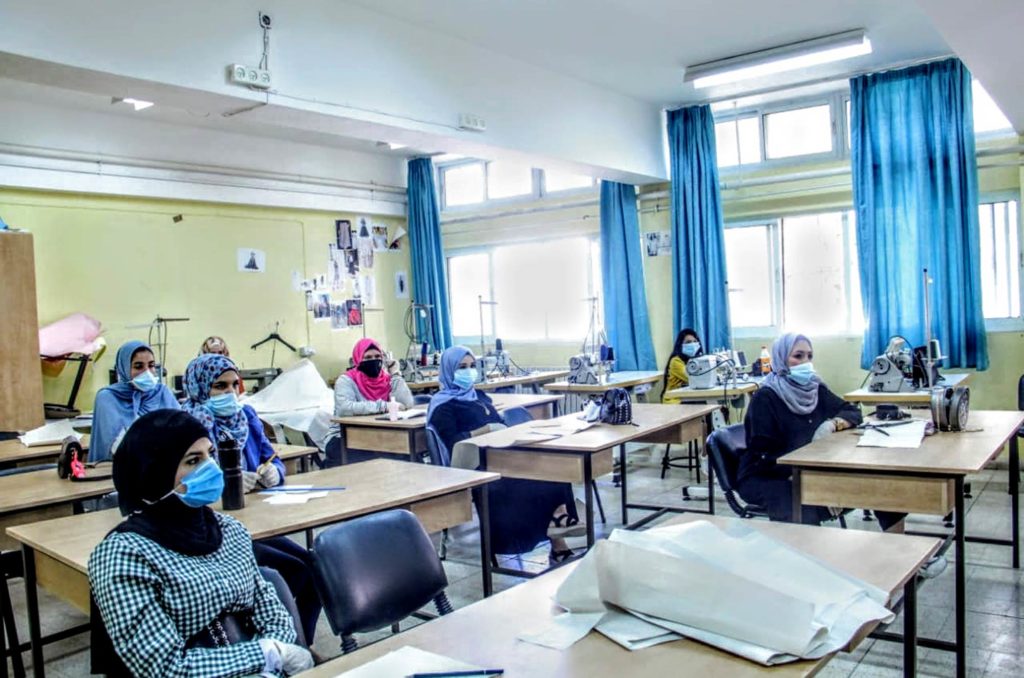

The goal of the Ramallah wastewater project is to improve living conditions in Ramallah by facilitating the reuse of treated wastewater. The project conserves scarce drinking water in the city of Ramallah and protects the water supply by facilitating the reuse of 63.4 million gallons (240,000 m3) of treated wastewater annually.

